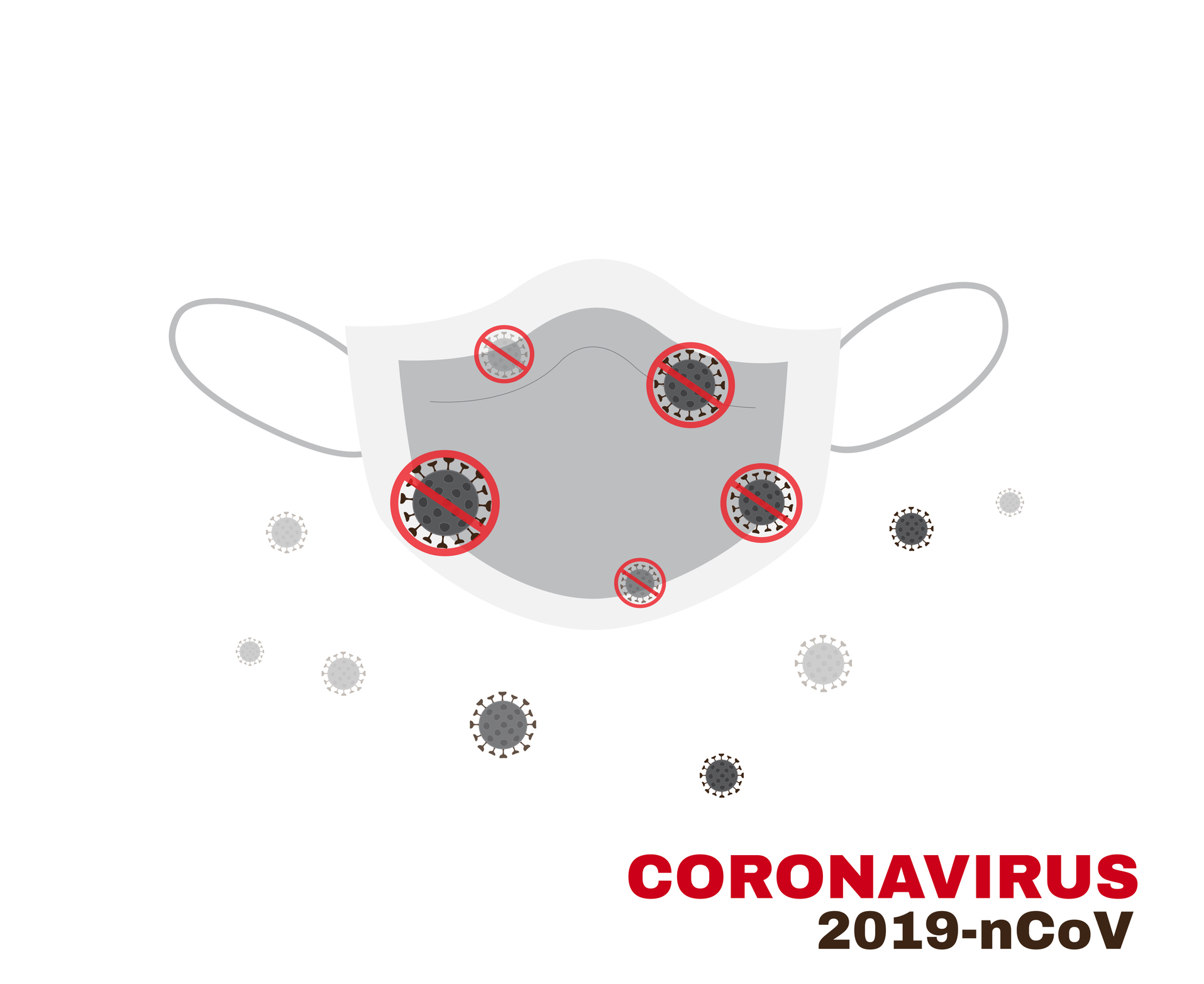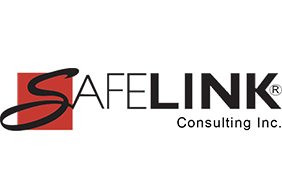The COVID-19 pandemic has brought to the forefront the need to protect patients and workers through the use of personal protective equipment (PPE). In the recent past , healthcare workers were provided PPE such as masks, gloves, gowns and safety eyewear or face shields. OSHA requires employers to protect their workers first through the use of engineering and administrative controls, but in most healthcare situations the use of PPE is necessary. This PPE has been there for the protection of workers, but employers have had to struggle to enforce the use of these protective measures. Now that there is a shortage and there’s a virus that can infect through coughing and sneezing, the PPE is well-respected and considered a necessity.
Now the term “N95” has become a household word. Not many people even knew of the existence of this respirator mask unless their employer was already requiring its use for reasons other than protection from pathogens. Due to the shortage of this respirator, alternatives have been designated. On March 14, 2020, Patrick J. Kapust, Acting Director for OSHA’s Directorate of Enforcement programs issued a Memorandum for OSHA Regional Administrators and State Designees. This Memorandum is a temporary enforcement guidance for healthcare respiratory protection annual fit-testing for N95 filtering facepieces during the COVID-19 outbreak. It provides guidance to OSHA’s Compliance Safety and Health Officers to:
- Enforce the Respiratory Protection Standard, 29 CFR 1910.134, but allows healthcare employers to “provide HCP (health care personnel) with another respirator of equal or higher protection, such as N99 or N100 filtering facepieces, reusable elastomeric respirators with appropriate filters or cartridges, or powered air purifying respirators (PAPR)”.
- Change the method of fit testing from a destructive method (i.e., quantitative) to a non-destructive method (i.e., qualitative).
- Use either of these methods to ensure that the fitted respirator can be safely used for work tasks that require respiratory protection.
Learn more about COVID-19 Safety Management Program
It goes on to state that the OSHA field offices shall exercise enforcement discretion concerning the annual fit-testing requirement as long as employers:
- Make a good-faith effort to comply with 29 CFR 1910.134;
- Use only NIOSH-certified respirators;
- Implement CDC and OSHA strategies for optimizing the supply of N95 filtering facepiece respirators and prioritizing their use;
- Perform initial fit tests for each HCP with same model, style, and size respirator that the worker will be required to wear;
- Inform workers that the employer is temporarily suspending the annual fit testing of N95 respirators;
- Explain to workers the importance of performing a user seal check at each donning;
- Conduct a fit test if any visual changes in the employee’s physical condition are observed that impede a good facial seal;
- Remind workers to inform their supervisor or respirator program administrator if integrity and/or fit of their N95 is compromised.
GET POSTER: How to Self-check an N95 Respirator
The memorandum states that if the employer fails to comply with any requirements such as initial fit testing, maintenance, care, and training in the Respiratory Protection standard, the employer is to be cited under the applicable section of 29 CFR §1910.134.
It also states that this is an enforcement discretion policy beginning on March 14, 2020 and applicable where respirators are needed to protect HCP during the COVID-19 outbreak. It will no longer apply upon notification.
PPE is critical in many working conditions. After all this has passed, employers still need to assess the hazards in their workplace and determine when PPE is to be required. That can also include implementation of a written Respiratory Protection Program, medical evaluations, and fit testing. From SafeLink’s experience, it seems that educating workers on the need for this protection and then enforcing the use of required PPE remains a challenge in many workplaces. Need help in writing your employee safety policy? Contact an OSHA compliance consultant. CDC FAQ About PPE Equipment
Managing Risks of the Coronavirus in the Dental Laboratory Setting
Understanding the Difference - Surgical Mask and N95 Respirator
If your business requires employees to use an N95 respirator, then your health and safety Program must include a Respiratory Protection Program. When respiratory protection is mandatory, you’ll need to perform fit testing and have medical questionnaires completed for employees who are required to wear them. That medical questionnaire must be submitted to a healthcare professional for review to determine if it is ok for the employee to wear a respirator. Contact us for further guidance on these requirements. Learn more about SafeLink's Cloud-based health and safety manual.
If you have any questions or need assistance, please contact SafeLink Consulting or visit our website to learn more about how we can help your business.
Managing COVID-19 Infection Control for Your Dental Practice
Need help in meeting other compliance regulations? Contact SafeLink Consulting for assistance.
Learn more about what SafeLink Consulting can do to help your business with compliance services, including safety compliance, to meet OSHA training requirements and quality system consulting to meet FDA compliance. SafeLink Consulting assists businesses with workplace safety training, infection control training, HIPAA training online, quality systems, assessments, audits, due diligence, and more.
Industries include:
Dentistry compliance - assisting the dental practice with meeting requirements for OSHA, HIPAA, EPA, and CDC guidelines, patient safety and employee health & safety
Dental Laboratory compliance - assisting the dental lab with meeting requirements for OSHA, FDA, and CDC guidelines, employee health & safety, plus FDA requirements for lab manufacturing custom implant abutment /gmp for medical device manufacturers
Medical Device Manufacturers compliance - assisting with meeting OSHA compliance & FDA requirements, GMP - good manufacturing practices
General Industry compliance - assisting with OSHA compliance and FDA compliance as it pertains to the specific business
Beverage Industry compliance - assisting beverage businesses such as the craft brewery, winery, cidery, distillery, vintner with meeting OSHA compliance, health & safety, FDA requirements / GMP - Good Manufacturing Practices.
Get notification when new regulatory compliance training courses are added plus upcoming events by subscribing to our email news.







Leave Comment